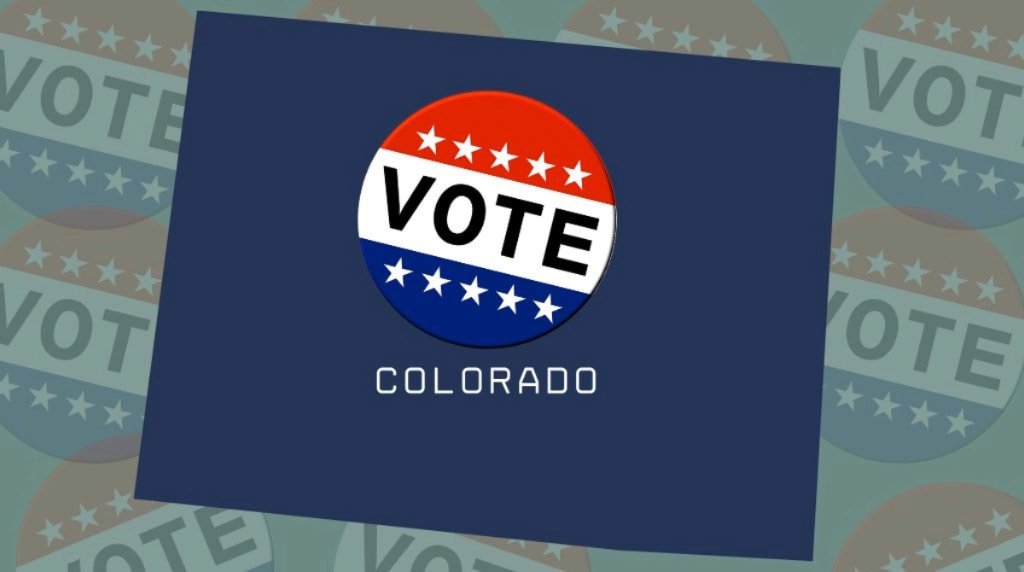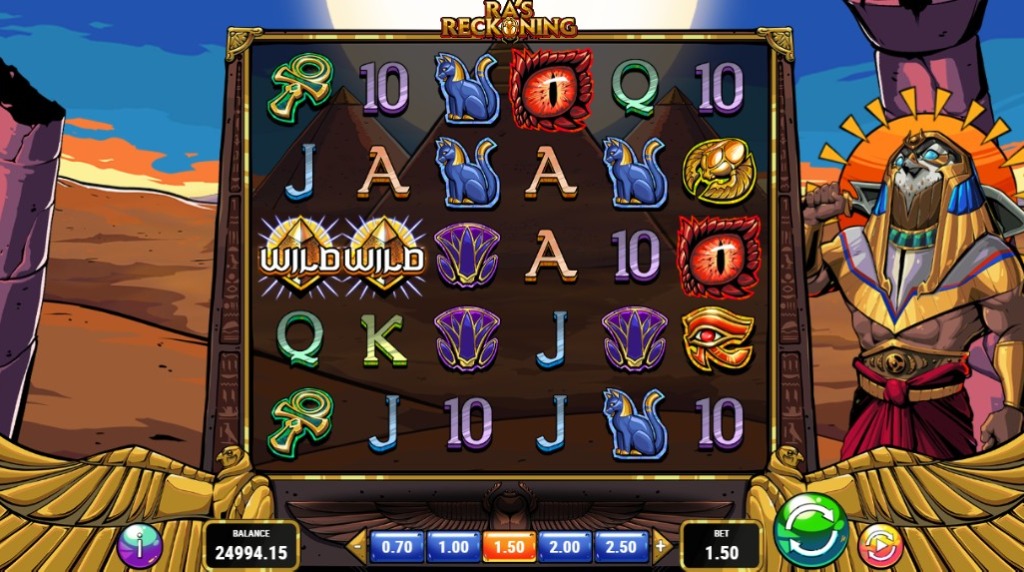Proposition JJ – What Does It Mean for Colorado Taxpayers?
A ballot proposal in Colorado will decide whether this state can levy higher tax rates on sports betting companies. If the initiative passes, CO could acquire additional funds for water projects. A few tribal nations are fighting this effort to tax betting companies in court.

Voters in Colorado will vote on a ballot gambling proposition.
Collecting Tax Above $29 Million – No Cap in Colorado?
Sports betting has been an unqualified success in Colorado since it was launched nearly five years ago. But, there are still wrinkles to iron out, and at the heart of this dispute is how much money the state can get from sportsbooks.
In 2019, voters approved Prop DD, which set the tax rate on net sports betting proceeds by sports betting companies at 10%. It also set a cap for taxing that figure at $29 million. Now, some regulators want to grab more, specifically to help assist in funding state water projects.
In terms of sports betting operations, net sports betting proceeds are equal to the total amount wagered minus the payout to bettors minus a 0.25% federal excise tax levied on the total amount wagered.
Because this matter involves increasing tax revenue, by law in Colorado, it requires voter approval.
Polling in the state shows a close race on the subject. Colorado is notorious for being adverse to tax increases, even on corporate entities. However, sports betting companies are reaping large profits in CO while not footing a tax bill comparable to other states. Nor has the tax revenue met expectations for doing the public works that were intended.
Colorado State Senator Dylan Roberts, a Democrat, supports Proposition JJ. “But when it comes to online sports betting, it’s clear voters approved it in 2019 to generate money for water projects. We need to respect the will of the voters.”
If Prop JJ fails, the state will be required to refund any tax money gathered from net sports betting proceeds above $29 million.
Tribal Nations Claim Exemption from Tax on Sports Betting
Muddying the issue of taxation on sports betting companies in Colorado is the status of tribal nations in the operation of the legal activity. Since 2019, the Colorado Division of Gaming has had rules for commercial sportsbooks, but it has yet to agree to guidelines with tribal nations.
By federal law, tribes can conduct gaming on their own property, including casinos, game rooms, poker, and sports betting. But, in Colorado, unlike in other jurisdictions, the state has been unable to agree with tribal nations on how to implement sports betting.
Two federal lawsuits have been filed in Denver, one by the Ignacio-based Southern Ute Indian Tribe and the other by the Towaoc-based Ute Mountain Utes. Both are challenging whether CO can implement commercial sports betting without allowing tribal nations to take part in a way that doesn’t violate laws protecting federally-recognized tribes.
Three Colorado casinos not owned by tribes, in Black Hawk, Central City and Cripple Creek, offer sports betting currently. The Southern Ute Indian Tribe says it wants to offer sports betting on its lands, but Colorado insists if it does so, it would need to pay the same tax rate as commercial operators like BetMGM and FanDuel.
The Colorado tribes have the support of the federal government in their fight to take part in sports betting without being taxed. In other states, tribes are often “awarded” a sports betting license and grant the use to a commercial gaming partner for a fee. The commercial sportsbook is responsible for the tax bill in that case.
Opponents of the tribal nation efforts say the voters in Colorado have already made it clear that they want tax revenue from sports betting to be earmarked for water projects alone. However, tribal leaders and other supporters of the CO tribes disagree.
“Not only does Indian Gaming support tribal economies, the funding it generates helps to support the vital services that tribal nations provide to their citizens — from language preservation to health care,” said Secretary of the Interior Deb Haaland in a statement outlining the US Federal Government’s policy to support tribal nations as tax exempt.
 West Virginia Becomes Latest US State to Seek Gambling Tax Increases
West Virginia Becomes Latest US State to Seek Gambling Tax Increases
 NCPG Highlights Community Role Ahead of Problem Gambling Awareness Month
NCPG Highlights Community Role Ahead of Problem Gambling Awareness Month
 Ra’s Reckoning Slot Preview by Play’n GO
Ra’s Reckoning Slot Preview by Play’n GO